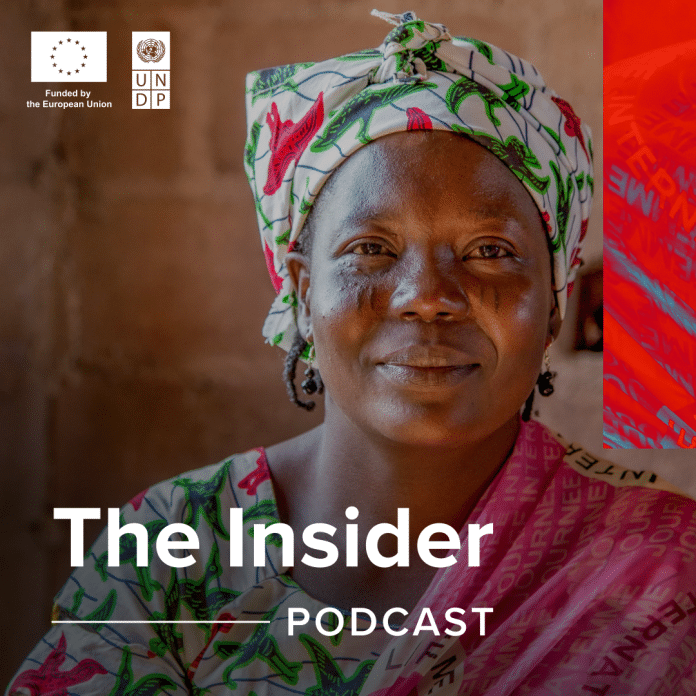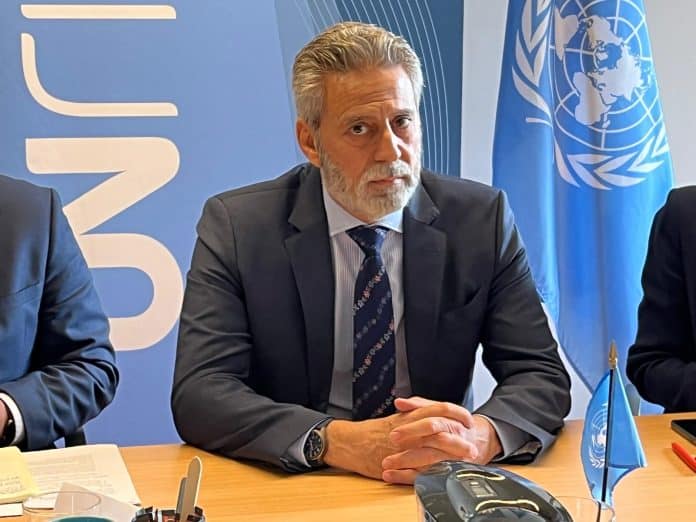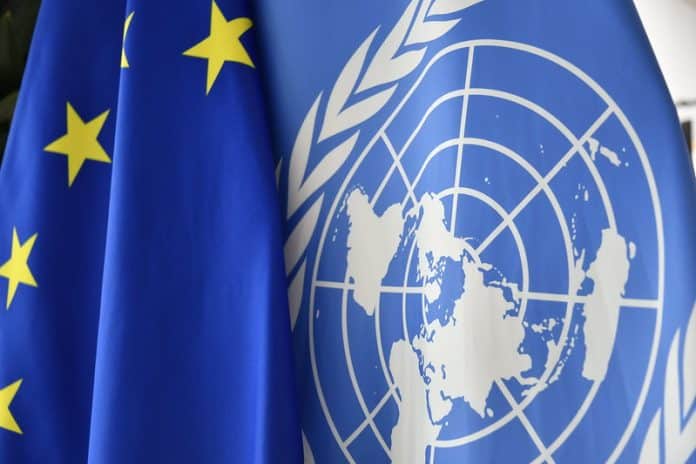“There were times I felt I was going to die, but the idea of giving up was never in my mind. I was ready to risk my life for peace.” — Betty Bigombe, former Minister of State for Northern Uganda, reflecting on her journey to restore peace and end the civil war in Uganda.
Achieving peace requires understanding and engagement at the community level, where conflict’s impact is felt most deeply.
Insider mediation is a transformative approach where trusted and respected community members become agents for peace. These individuals possess the cultural fluency, local knowledge, and credibility needed to navigate sensitive issues and foster reconciliation from within. As the Secretary-General emphasized in his New Agenda for Peace, prevention must be a political priority to stop fragility from leading to violence and conflict. By empowering local actors to contribute to peace, resist divisive narratives, and build social cohesion, communities become better equipped to resist violence and conflict.
“Peace is not a project; it’s a commitment to humanity. It requires empathy, trust, and the courage to sit with those we fear,” says Betty Bigombe.
As a Minister of State responsible for the pacification of Northern Uganda, she was a lead mediator during the conflict with the Lord’s Resistance Army (LRA) in Uganda. Despite facing life-threatening challenges such as ambushes and landmines, Betty’s determination to end the suffering of the Ugandan people gave her the strength to persevere. Her courage and commitment to peace impressed both the LRA and the Ugandan government.
Reflecting on her approach, Betty says, “It was about building trust, one conversation at a time. You have to show that you’re not just there to talk, but to listen and understand.”
Her perseverance and ability to connect on a personal level with those involved in the conflict helped lay the groundwork for dialogue and reconciliation.
Omar Sema’s journey from a child facing prejudice to a key figure in the Bangsamoro peace process in the Philippines is another testament to the impact of insider mediation.
Influenced by his father’s role in the Moro National Liberation Front (MNLF), Omar, as a voice for the new generation, has embraced his role as a lawyer to advocate for a political approach to peacebuilding.
“In the end, it is not about winning or losing; it is about finding a future where we all belong,” Omar explains, emphasizing the importance of political processes over armed struggle.
“Our challenge was transforming our fight from the battlefield to the negotiating table,” Omar recalls.
He played a critical role in the negotiations between the MNLF and the Moro Islamic Liberation Front (MILF), leading to the drafting of the Bangsamoro Basic Law. This legislation was pivotal in shifting the focus from secession to autonomy, recognizing the Bangsamoro’s right to self-determination and promoting a democratic process.
“We needed to show that peace could bring more opportunities than conflict ever could,” Omar adds.
Yara Haydar, a young peacebuilder and architect from Lebanon, offers a unique perspective on the intricate tapestry of her homeland, a country defined by its rich diversity and profound challenges.
Reflecting on her work, she emphasizes the importance of design in fostering peace: “Design is about making connections. It’s about creating spaces where people can come together and see each other as human beings.”
Her vision for peacebuilding extends beyond traditional methods, focusing on how urban design and architecture can bring communities together.
Growing up in Lebanon’s vibrant cultural landscape, Yara has witnessed firsthand the powerful connection between people that transcends political and sectarian divides.
“As humans, we are brain and heart, and one cannot go without the other. Feelings are actually what connect us as humans more than any other thing,” she explains, emphasizing the profound impact of empathy and understanding in fostering peace.
The stories of insider mediators such as Betty, Omar, and Yara showcase how individuals, through their strong commitment and cultural sensitivity can drive transformative change within their communities. Each one of their journeys highlights the importance of supporting and empowering those at the heart of conflict-affected areas.
The EU and UNDP partnership on insider mediation is making significant strides in strengthening conflict prevention and peacebuilding efforts. Supporting UNDP Country Offices in implementing and expanding insider mediation initiatives, the partnership focuses on empowering women and young mediators, developing guidance notes, and creating a global Community of Practice for knowledge exchange.
The podcast ‘The Insider: Stories of Building Peace’, developed by the EU and UNDP, celebrates the unsung heroes who, through insider mediation, contribute to building peace and stability from within their communities.
Additional links:






